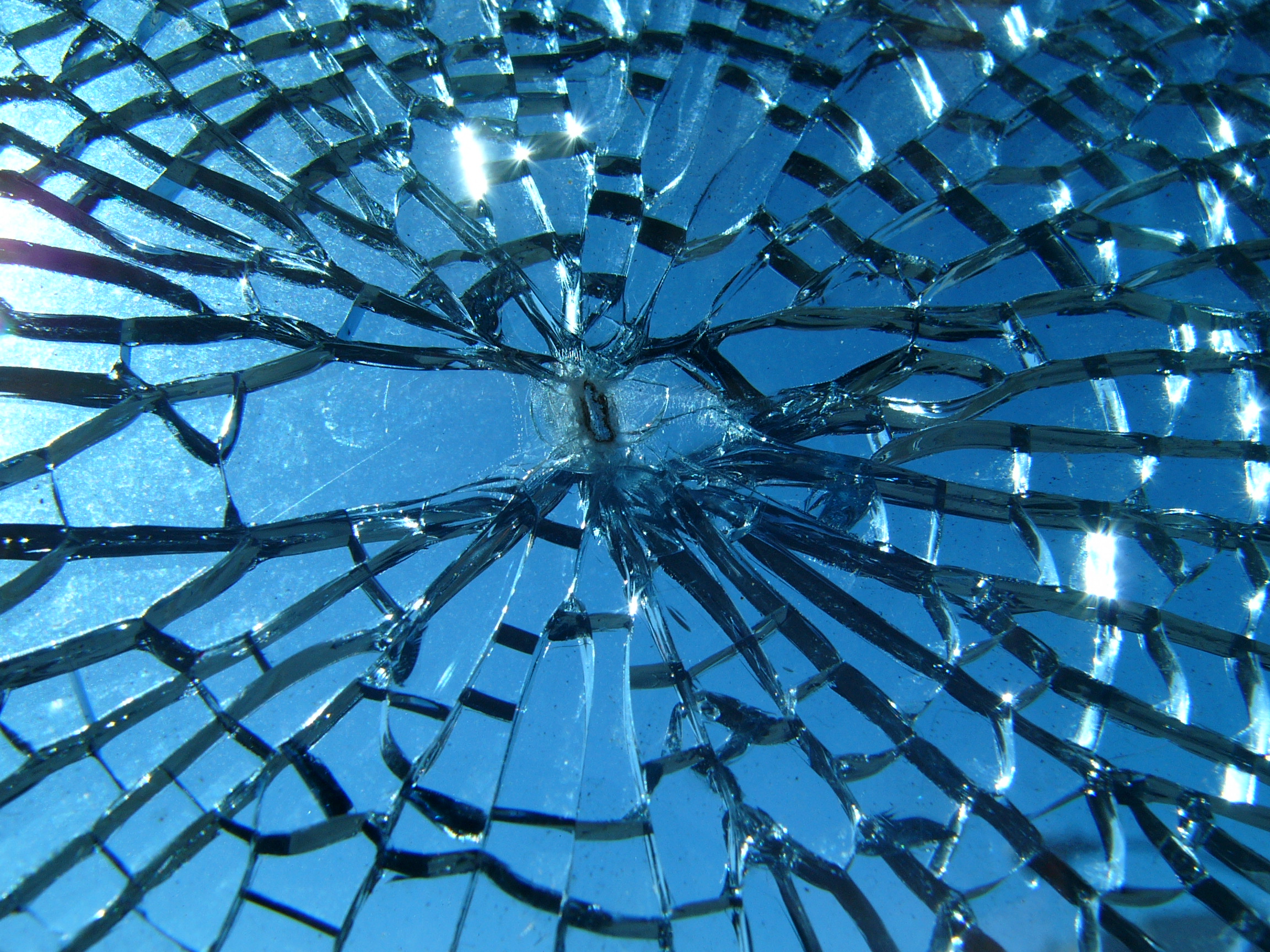
If you’re not too familiar with ‘privilege’ or usually don’t like when people use it, READ THIS FIRST.
After reading my slam on “High Energy Theoretical Ethics,” Christian H of The Thinking Grounds added a much needed caveat to my pitch for virtue ethics. I said: “your time is best spent firming up your will so you can follow through on the choices you know you ought to make” and he added
And looking into why we fail, above and beyond a weak will (context, context, context) and working to tweak situations so we will be better at exerting that will (or at least recognizing how this context might skew my moral intuition/allow me unjustified justifications to weasel out).
This additional point was sorely needed. Plenty of people don’t suffer from a lack of will, but from a lack of opportunities to exercise that will because their material or cultural circumstances strictly curtail their options. Although any attempt to engage in virtue ethics-type reflection and improvement is praiseworthy and beneficial, to get a decent chance, these people need relief from the circumstances impinging on them.
Sometimes, when we talk about people being imprisoned by their environment, we get accused of being condescending, paternalistic, or too ready to excuse the faults of others. Christian theology has the advantage of lumping all people into this category, since it recognizes all people as weakened by sin, and for this reason talks about ‘brokenness,’ but this kind of language can raise hackles*.
In a recent post on Friendly Atheist, Hemant complained about a pastor’s use of this language. Given the content of the remark (an attention-getting comment about Dennis Rodman), his frustration was reasonable, but some commenters took issue with the entire concept of humans as broken or limited. One wrote:
Claiming to be “broken” is a lame excuse for making mistakes and behaving badly. Take responsibility for yourself, both your successes and your failures. Saying that you were a bad father, a bad husband and bad son is not the same as taking responsibility. It’s a general “poor me – I’m awful” statement, and it’s actually pretty sad.
And please don’t assume that the rest of us are as “broken” as you are. Some of us want to be good parents – so we ARE good parents. We want to honor our parents – so we DO honor our parents. And we take the credit for our good actions, at least within ourselves, instead of passing it along to someone in the sky…which is a great motivation to continue doing good and feeling good about ourselves.
That’s privilege speaking. It’s a privilege to have had good parent as model and whom we find it easy to honor. It’s a privilege to not be susceptible to alcoholism or raised in a culture of drug abuse. It’s a privilege to not develop mental illness or dementia. It’s a privilege to be smart, and it’s a privilege to have the financial stability and leisure time to harness that intelligence. None of these are earned. The lack of any of these can make it prohibitively difficult to move from wanting to be a good parent to achieving that goal.
Even without a God to there-but-for-the-grace-of-God, it’s hard to claim complete ownership of our actions and virtues. It’s reasonable to be somewhat proud of the effort we put in to capitalize on the hand we’ve been dealt, but that’s a long sight from patting ourselves on the back for the virtues that come easy to us. Remembering that all people have baked in flaws or challenges helps spur compassion for others and should awaken a suspicion that we might need the help of other people to find and compensate for the particular ways we are broken.
*Christian groups don’t get any points from me when they use the ‘brokenness’ schema to talk about only one type of sin or lapse, rather than a characteristic that is present in everyone, with different manifestations. Most of the examples I’ve seen of this kind of talk occur when people talk about homosexuality.











